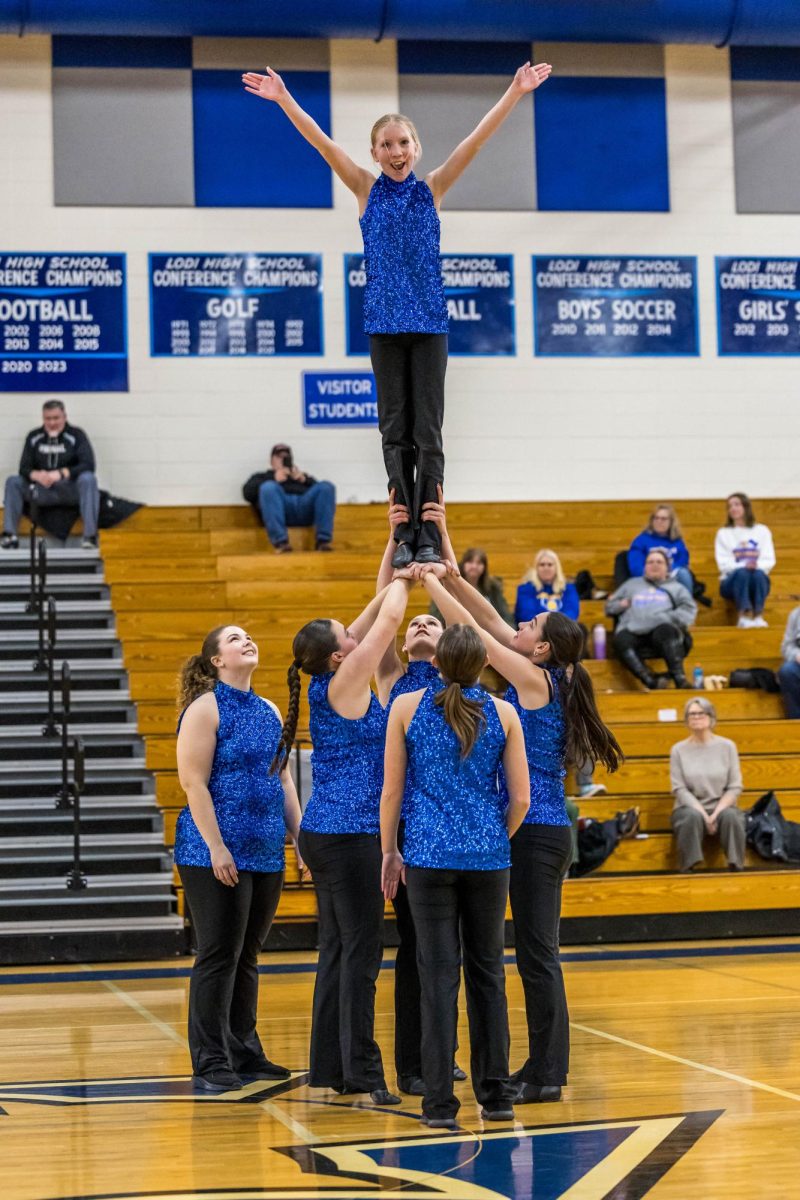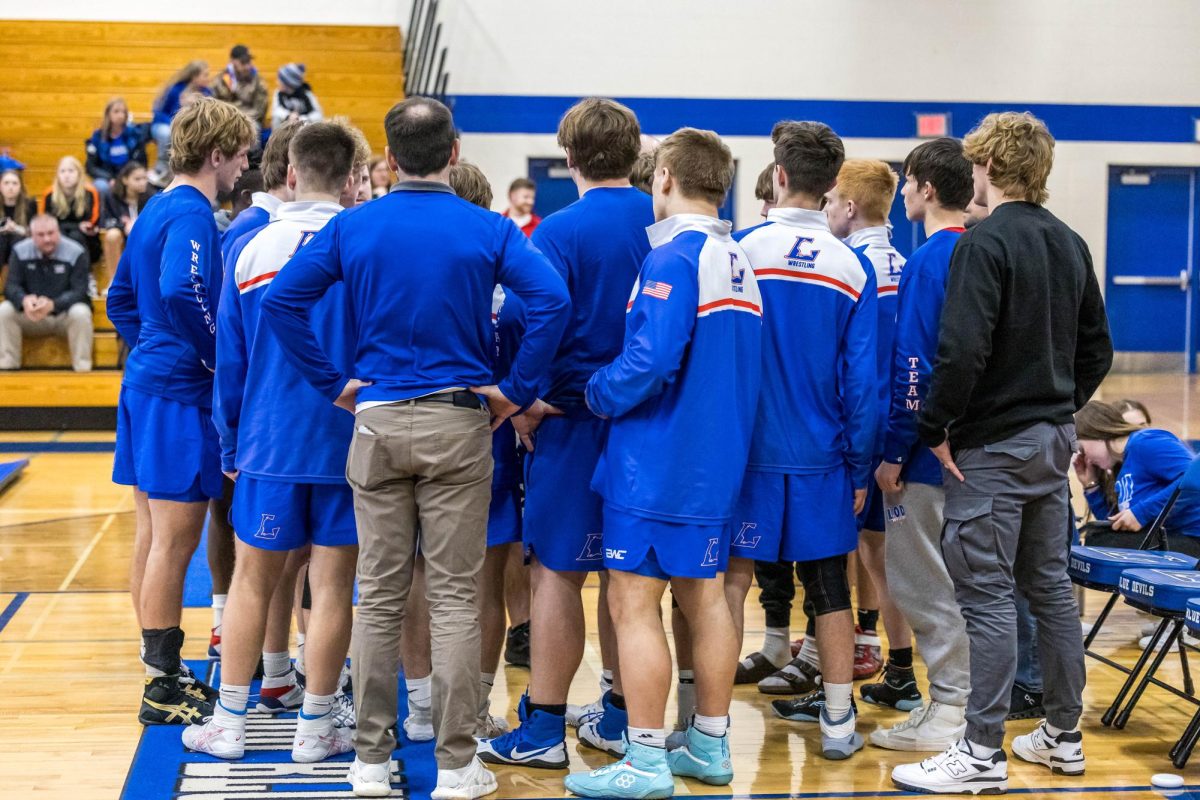Warning: This story includes references to mental health and eating disorders.
Eating disorders are serious mental health conditions that show through harmful eating habits, significantly impacting both physical and psychological well-being. Alarmingly, about 2.7% of American adolescents aged 13 to 18 struggle with disorders such as anorexia nervosa, bulimia nervosa, or binge eating disorder, which translates to over 220,000 teenagers. The path to these disorders is often complex, intertwined with societal pressures, and can be influenced by activities in students’ lives, including sports.
At Lodi High School, the struggle is real and present. “I hated my body and wasn’t satisfied with the number on the scale,” an anonymous student shared, reflecting a sentiment all too common among peers. Teenagers may not realize that factors such as height and muscle composition can influence weight, pointing to the need for education on healthy body image.
In competitive sports like cheerleading and wrestling, the pressure to conform to strict physical standards can intensify the risk of developing an eating disorder. “Sometimes I will go days at a time without eating so I can maybe be on top next year,” a cheerleader from Lodi High School said, highlighting the intense pressure to maintain a certain physique.
The influence of the media, with its portrayal of “perfect” bodies, can skew teenagers’ perceptions of themselves. Experts indicate that images of celebrities, often altered or photoshopped, contribute to unrealistic expectations about body image.
Understanding eating disorders is crucial. Anorexia nervosa involves deliberate food restriction and an intense fear of gaining weight, even when underweight. Bulimia nervosa is characterized by episodes of overeating followed by purging through vomiting, laxatives, or excessive exercise. Binge eating disorder involves similar overeating episodes without purging, and these conditions often overlap.
“I wouldn’t eat for days at a time, and then I would overeat, continuing the cycle,” another student described, giving insight into the painful cycle of disordered eating.
Eating disorders are real issues. If you or someone you love is experiencing an eating disorder, there are many numbers you can call or text to get help:
ANAD HOTLINE: A non-profit organization built up to help people and families affected by eating disorders. It is free for anyone who needs it. 1-888-375-7767
The Alliance for Eating Disorders Awareness Helpline: They offer support for people dealing with every disorder and will help guide you down the right path. 1-888-662-1235
Eating disorders are not just numbers and statistics; they are real issues affecting real people. It’s crucial for those struggling to know they are not alone and that help is available. If you or someone you love is experiencing symptoms of an eating disorder, please reach out to the resources listed above. ANAD and The Alliance for Eating Disorders Awareness are just two of many organizations dedicated to providing support and guidance toward recovery.
Remember, seeking help is a brave and critical first step.




























